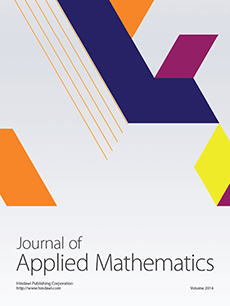Abstract
This paper investigates simultaneous learning about both nature and others’ actions in repeated games and identifies a set of sufficient conditions for which Harsanyi’s doctrine holds. Players have a utility function over infinite histories that are continuous for the sup-norm topology. Nature’s drawing after any history may depend on any past actions. Provided that (1) every player maximizes her expected payoff against her own beliefs, (2) every player updates her beliefs in a Bayesian manner, (3) prior beliefs about both nature and other players’ strategies have a grain of truth, and (4) beliefs about nature are independent of actions chosen during the game, we construct a Nash equilibrium, that is, realization-equivalent to the actual plays, where Harsanyi’s doctrine holds. Those assumptions are shown to be tight.
Citation
Patrick L. Leoni. "Learning in General Games with Nature’s Moves." J. Appl. Math. 2014 (SI10) 1 - 9, 2014. https://doi.org/10.1155/2014/453168





